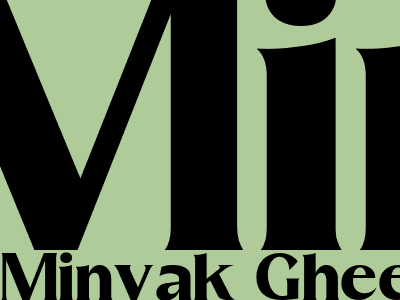Minyak Ghee: A Comprehensive Guide
Origins and Production
Minyak ghee, also known as clarified butter, is a culinary staple in many South Asian cuisines. It is made by simmering unsalted butter and removing the milk solids and water, leaving behind a rich, golden fat.
The production process involves melting the butter over low heat and stirring constantly. As it cooks, the milk solids separate and rise to the surface in the form of a white foam. This foam is skimmed off repeatedly until the liquid becomes clear and golden.
Nutritional Value
Minyak ghee is a nutrient-rich fat that provides several health benefits. It is high in saturated fats, but also contains conjugated linoleic acid (CLA), which has antioxidant and anti-inflammatory properties.
It is also a good source of vitamins A, D, and E, which support immune function, bone health, and antioxidant protection.
Culinary Uses
Minyak ghee is a versatile cooking medium that adds a rich, nutty flavor to dishes. It is commonly used in Indian, Pakistani, and Bangladeshi cuisines for sautéing, frying, and baking.
Its high smoke point (485°F) makes it suitable for high-heat cooking, such as deep-frying or stir-frying.
Benefits of Using Minyak Ghee
- Adds flavor to dishes
- High smoke point for high-heat cooking
- Nutrient-rich
- Provides antioxidants
- Supports bone health
Storage and Shelf Life
Minyak ghee can be stored at room temperature for up to 6 months, or in the refrigerator for up to a year. It can also be frozen for extended storage.
To store ghee properly, transfer it to an airtight container and seal it tightly. Avoid exposing it to moisture or sunlight.
Conclusion
Minyak ghee is not just an ordinary cooking oil; it's a culinary staple with historical, cultural, and nutritional significance. Its rich flavor, versatility, and health benefits make it an indispensable ingredient in many cuisines worldwide.

Komentar